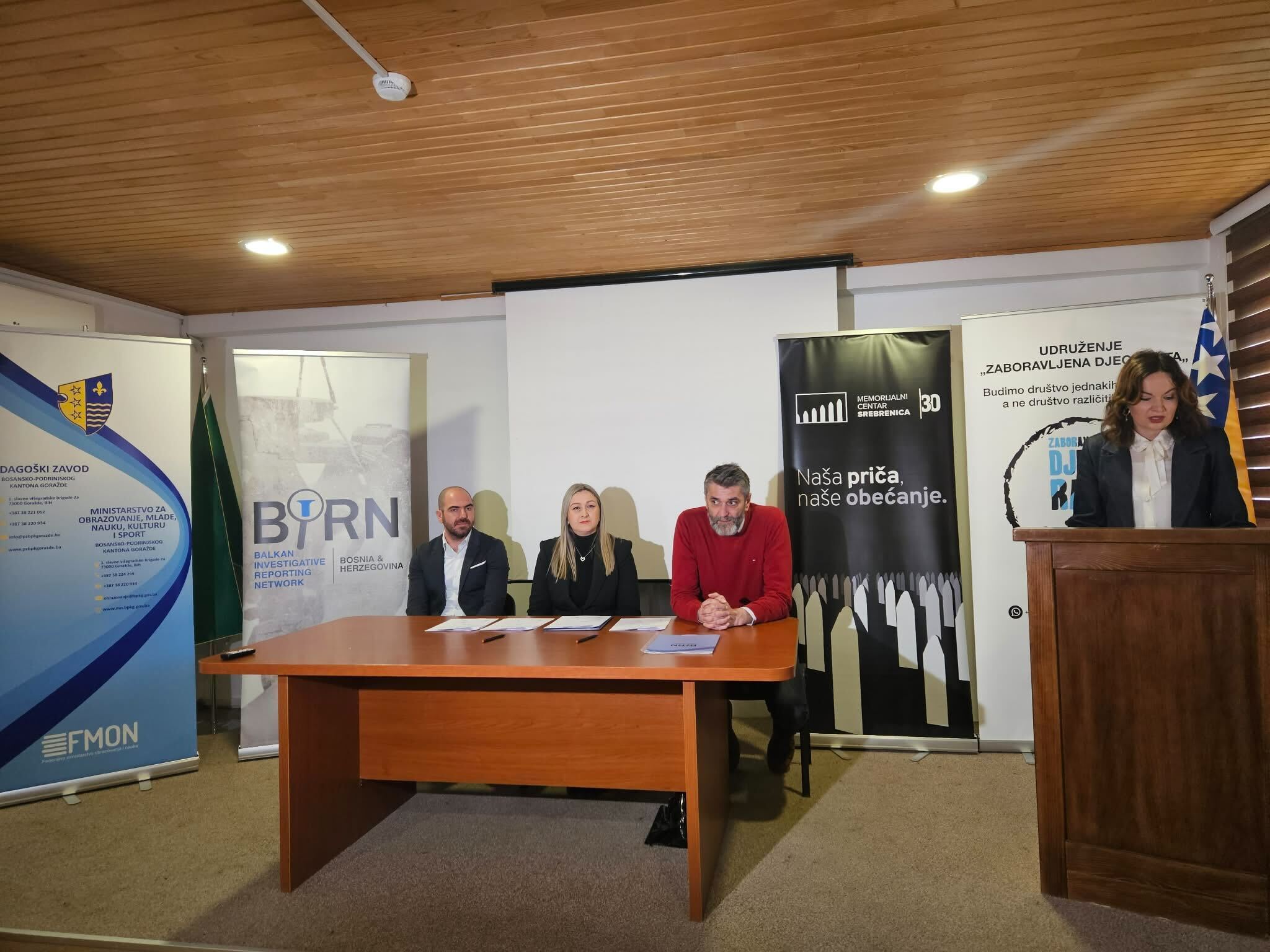This post is also available in: Bosnian
The Mechanism for International Tribunals said on Tuesday that the medical report commissioned from Dutch specialists did not support Karadzic’s claims that there were abnormally high incidences of cancer among inmates at the UN detention centre in Scheveningen in the Netherlands, where war crimes defendants are held.
“There is no evidence for a cancer cluster or an increased risk of cancer,” the Mechanism for International Tribunals said in a statement.
The report, produced by the Erasmus University Medical Centre in Rotterdam, was commissioned after Karadzic said that he was worried by the number of grave illnesses reported among Hague Tribunal prisoners, and called for a medical inquiry.
The Mechanism for International Tribunals statement said that Karadzic was “concerned by the amount of cancer cases occurring among detainees at the detention centre and mentions that the plastic used to wrap the food of the prisoners could be a cause”.
The statement said that there have been approximately 10 cancer cases among 169 inmates at the detention centre over the past 12 years.
Former Croatian Serb leader Goran Hadzic died in July last year before the sentence in his war crimes trial after suffering from brain cancer, while another defendant, Serbian Radical Party leader Vojislav Seselj, was given temporary release for cancer treatment in November 2014.
But after assessing the situation, the medical report said that “the probability that there is a cancer cluster is scientifically unlikely”.
Compared to people in the former Yugoslavia in the same age range, “there is no increased risk of cancer observed in the prisoners,” it said.
Former Bosnian Serb political leader Karadzic was convicted in March 2016 of genocide and other crimes during the war in Bosnia and Herzegovina, and sentenced to 40 years in prison.
Karadzic’s defence team appealed against the verdict in December, calling for an acquittal.
The prosecution also appealed, asking for Karadzic to be found guilty of genocide in seven other Bosnian municipalities in 1992 as well as in Srebrenica in 1995, and for his sentence to be raised to life imprisonment.
The appeals chamber of the Mechanism for International Tribunals, which is taking over the remaining work of the Hague Tribunal as it shuts down, will rule on the appeals.

